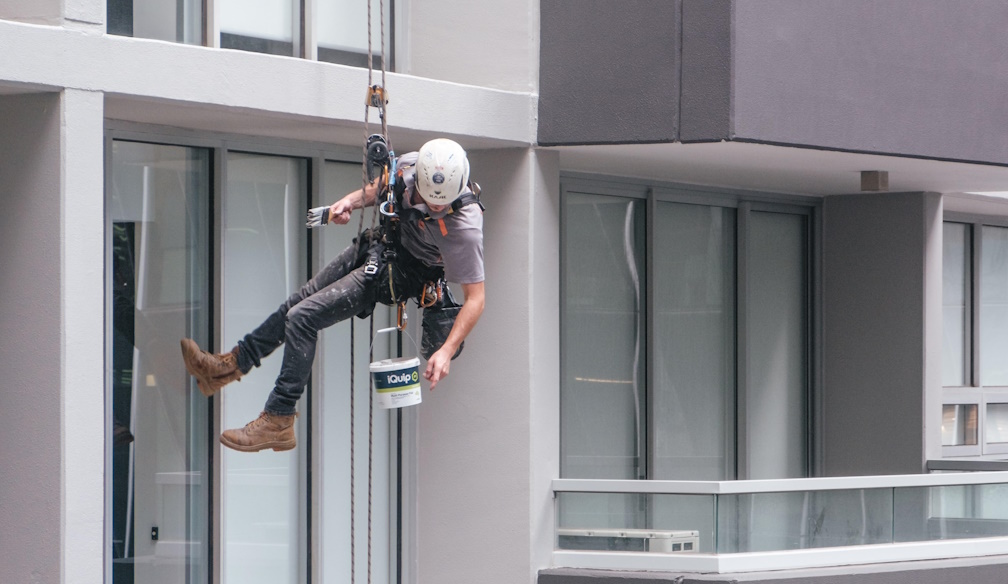Proposed Changes To Registration Requirements For Professional Painters in WA

The WA painting industry is known for its high level of professionalism and changes to registration requirements are uncommon. But with the announcement of proposed changes from the Department of Mines, Industry Regulation and Safety, many professional Perth painters welcome the opportunity for industry improvements to be made.
However, concerns have been raised that the proposed changes are not aimed at improving standards, qualifications, or safety. Instead, red tape, costly reassessments, and inadequate training pathways are being put forward.
The cost to small business
Small business owners within the painting industry could feel the impact of the proposed changes in a number of ways.
Painting and decorating apprentices could be forced to study the estimating unit twice, resulting in unnecessary costs for business owners and tax payers.
Employing fully qualified and highly experienced painters from interstate will also be affected. Mandatory trade certificates will see some tradespeople being forced to be reassessed for nationally recognised qualifications they already have. Requiring "approved TSA providers" to have existing qualifications recognised as legitimate is onerous, an unnecessary expense, and will deter experienced painters from accepting attractive positions in WA. This could result in workers being without suitable supervision and may restrict the scope of work smaller businesses could compete for.
The problem with Pathway Set 2
Of most significant concern, the proposals have wholly ignored the glaring danger of the Set 2 pathway which allows painters to become registered in the industry without training in these crucial areas:
- Working At Heights
- Lead Paint Removal
- Asbestos Encapsulation
Without adequate training in these high risk activities, the safety of painters, their customers, and the wider public is compromised.
What should be considered in any proposed changes
Proposed changes to the requirements for painters’ registrations should focus on strengthening the industry. Raising technical skill requirements and removing registration pathways that compromise safety is essential. And in light of the ongoing issue with WA’s skills shortage, red tape obstacles that require duplicate qualifications should be removed to attract highly skilled painters from interstate.







